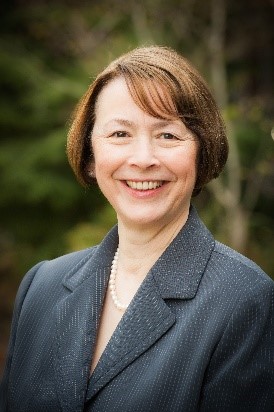Posted • Last updated
Closed
Open to Fraser – Vancouver Coastal, Patient partners across the province
Last updated
Paramedics work to save lives and move people into and out of ambulances several times a day. If you or a loved one has received care from paramedics, join us for a discussion on how we could improve the process of patient transfers into ambulances and improve safety and care.
Open to: Patient partners across the province
Lead Organization or Department
Quality Patient Safety and Accreditation, BC Emergency Health Services (BCEHS)Aim
The BC Ambulance Service wants to improve how paramedics communicate with patients about being moved onto a stretcher or walked to an ambulance, as well as get feedback on some potential new equipment to support patients who are walking to ambulances. Patient partners will be asked to share their experiences about using the ambulance service, and will review potential assistive devices to provide feedbackLevel of Engagement
This opportunity is at the level of consult on the spectrum of engagement. The promise to you is that the health care partner will listen to and acknowledge your ideas and concerns, and provide feedback on how your input affected the decision.Eligibility
Experience as a patient in care of paramedics or having had a loved one in care of paramedics would be preferred. Patients who have gone through rehab and experience with OT/PT will also be considered. You should be comfortable sharing your story with a group of people. We welcome a range of body types, genders, and ages. This opportunity is about paramedics improving communication to people of diverse body shapes, sizes and abilities/mobility levels. We would like representation from culturally diverse backgrounds, and welcome those who do not speak English as a first language.Logistics
Number of vacancies: up to 25 Patient partners in the Lower Mainland and Fraser Valley are invited to attend small in person group sessions to in the morning and afternoon on September 20 at the BCEHS office located at 2955 Virtual Way, Vancouver, BC. For patient partners in other parts of the province, BCEHS would also be happy to schedule one-on-one sessions to be completed by early October. If there is enough interest, a teleconference/webinar format will be considered.Reimbursement
Pre-approved expenses such as mileage up to 60 km each way, onsite parking, public transit and child or family care costs will be reimbursed by the health care partner. Light refreshments will be served.Background
Prior to April 2015 BCEHS Treatment Guidelines Universal Approach to All Patients stated that “paramedics are not to walk patients unless there is a clear paramedic/patient safety concern.” There was no guideline when it was appropriate to walk patients. In April 2015 Appendix II – Procedures Guidelines for Ambulating Patients was implemented. However, the current guidelines do not assist paramedics in their decision to ambulate a patient, do not provide BCEHS and its paramedics the medical legal protection to make decisions utilizing their professional judgement, and do not provide examples of how to communicate with patients about ambulation. BCEHS has been working with leadership and paramedics to revise the guidelines. At this stage, they want to speak with patients and family members to better understand how paramedics can approach patients and provide a more patient centric approach to their care - specifically when they are walked. After this session they will analyze the data from paramedics and patients to provide a gap analysis and provide recommendations that will be of value to paramedics in their practice; provide the medical legal protection needed by paramedics and BCEHS; and provide patient inclusion as partners in their care.Quality Leaders, PHSA Ergonomics, BCEHS Learning Department, and front-line paramedics will be involved in this session with patient partnersHealth Care Partner Contact Information
Karen Estrin
Engagement Leader, Patient and Public Engagement | Lower Mainland & Sunshine Coast
604.668.8245
kestrin@bcpsqc.ca

